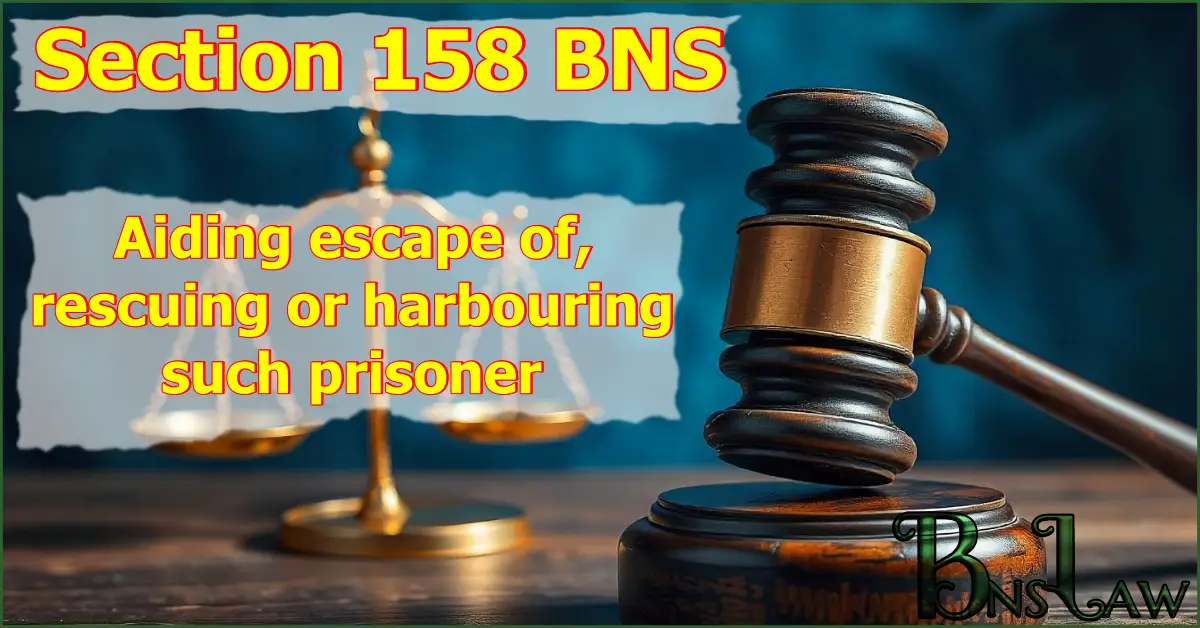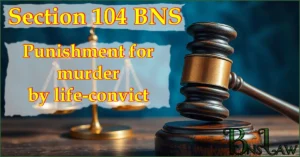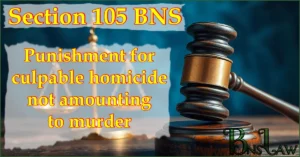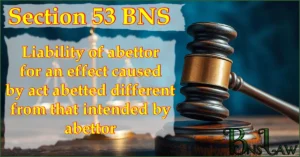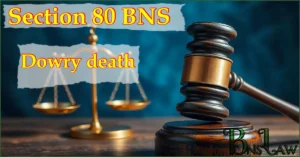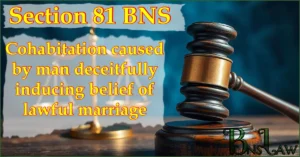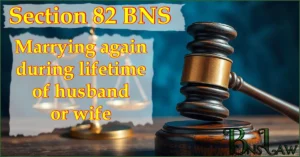Section 158 BNS
Whoever knowingly aids or assists any State prisoner or prisoner of war in escaping from lawful custody, or rescues or attempts to rescue any such prisoner, or harbours or conceals any such prisoner who has escaped from lawful custody, or offers or attempts to offer any resistance to the recapture of such prisoner, shall be punished with imprisonment for life, or with imprisonment of either description for a term which may extend to ten years, and shall also be liable to fine.
Explanation— A State prisoner or prisoner of war, who is permitted to be at large on his parole within certain limits in India, is said to escape from lawful custody if he goes beyond the limits within which he is allowed to be at large.
READ OTHER SECTIONS OF CHAPTER VII — OF OFFENCES AGAINST THE STATE
FAQs of BNS Section 158
-
158 BNS punishment and fine
Punishment and fine under Section 158 of the BNS: Imprisonment for life, or imprisonment for 10 years and fine.
-
158 BNS cognizable or not
The offence under Section 158 of the BNS is cognizable.
-
158 BNS bailable or not
The offence under Section 158 of the BNS is non-bailable.
-
158 BNS trial court
Offence specified in Section 158 of the BNS is triable by the Court of Session.
Important Points
- Cognizable Offences: These are offences where a police officer can arrest a person without a warrant.
- Non-Cognizable Offences: These are offences where a police officer cannot arrest a person without a warrant.
- Bailable Offences: These are offences where the accused can get bail from the police station itself. All bailable offences are listed in the First Schedule of the Bharatiya Nagarik Suraksha Sanhita (BNSS).
- Non-Bailable Offences: Offences in which bail is not granted directly from the police station but after hearing the case in the court, the judge decides when bail will be granted. All non-bailable offences are listed in the first schedule of the Bharatiya Nagarik Suraksha Sanhita (BNSS).
- In the above FAQ, “trial court” means the court that has jurisdiction to try the offence.
- In the above FAQ, the expression “Magistrate of the first class” and “Any Magistrate” does not include Executive Magistrates.
Read other Sections of the BNS
Reference Link: New Criminal Laws (BNS), Ministry of Home Affairs

